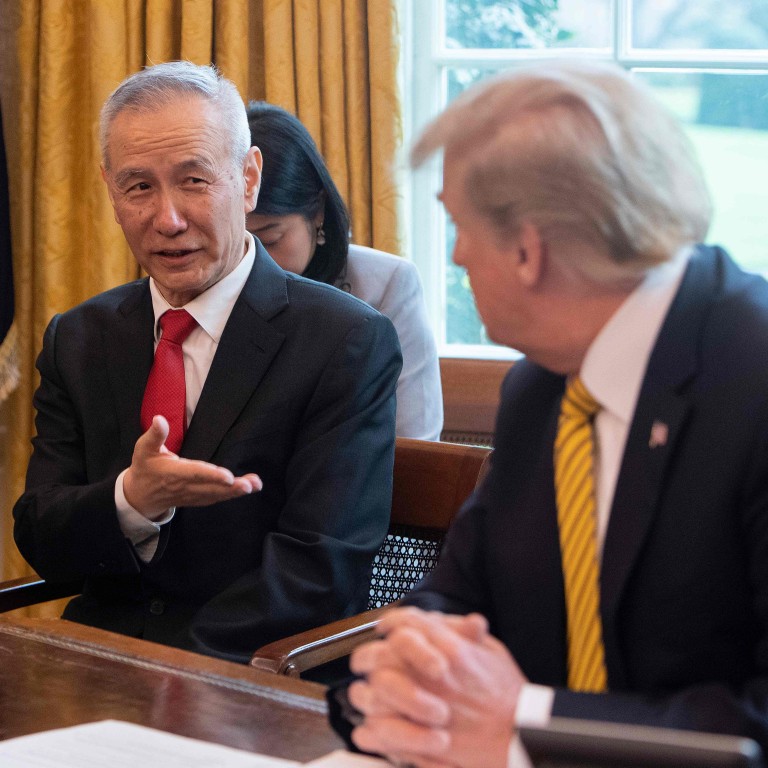
The ball is in China’s court. It must take the initiative, end the trade war and save the global economy
- The US-China trade war, Brexit and tensions in the Gulf could add up to a perfect storm for the global economy. The world can’t count on Trump. Now, more than ever, Beijing must take the lead
However, while there might be a myriad of risks, the situation is not beyond redemption. All it needs is a breakthrough of common purpose, more forceful policy prescriptions and much bolder political leadership to change course. There are still grounds for optimism.
In theory, there should be little fundamentally wrong with the global economy now. Lots of policy stimulus is already at work in the system and global recovery has had a good run for its money in the past 10 years. There is a timing issue though.
Business is always ebbing and flowing in cycles and global activity just happens to be ebbing now, but the slowdown is being aggravated by simmering geopolitical tensions and nations at loggerheads. No wonder global confidence is diving, consumer and business optimism is in retreat and markets look vulnerable.
Looking ahead, the key now is how global policymakers respond and whether world leaders meet the challenges head-on.
The US won the first round of the trade war, but China leads in round two
It will take a lot of hard work and compromise but a crash can be avoided, even if slower growth is still on the cards. The longer policymakers drag their feet, the greater the risk of hard a landing. It’s time to intercede, before it’s too late.
If US rates need to fall to zero to forestall a recession, then so be it. If euro-zone rates need to go deeper into negative territory, then the European Central Bank should not shy away from it.
Cheaper and easier credit must be pumped into the world monetary system as soon as possible. It means bigger rate cuts, easing lending conditions for borrowers and tougher penalties for institutional bodies hoarding precautionary cash buffers.
The central banks must avoid another credit crunch and ensure the smooth functioning of the global financial system without delay. There’s a bigger role, too, for governments working closely with central banks to ensure the conditions for faster monetary and fiscal expansion are working in harmony to best effect.
The world is dancing to US President Donald Trump’s tune in the trade war, with his domestic election priorities taking precedence over global growth needs
China ought to do more, too. Beijing can afford to slash interest rates by as much as 2 percentage points, effectively halving its present benchmark lending rate of 4.2 per cent, to stand any chance of meeting this year’s economic growth objectives.
Beijing would win huge plaudits by playing peacemaker, sealing a deal and setting the global economy on track for faster growth. It’s time for world leaders to stand firm and buck the trend towards a global downturn. Policymakers have the world’s fate in their hands and need to act fast.
David Brown is the chief executive of New View Economics


